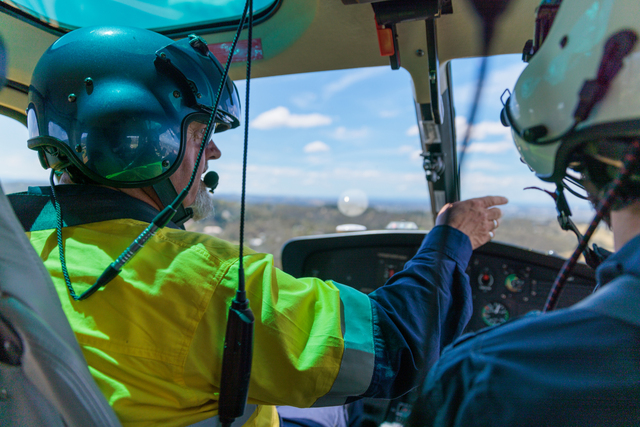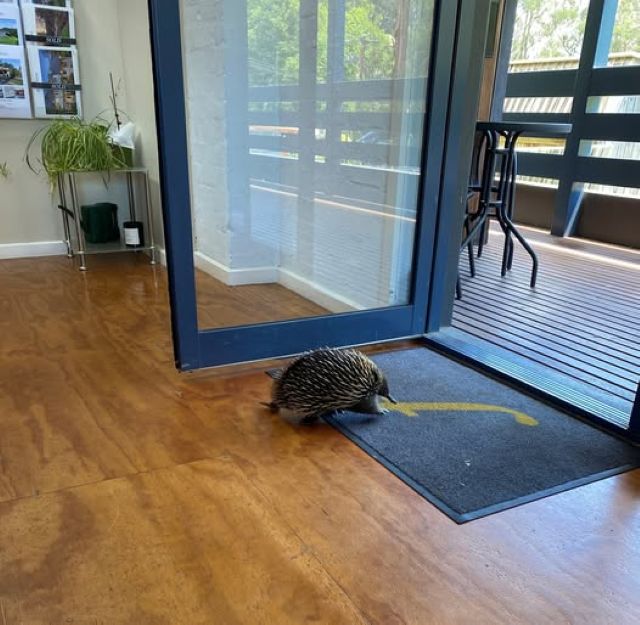Australia Reads is a non-profit collaboration of four organisations – Australian Library and Information Association, Australian Publishers Association, Australian Society of Authors, and BookPeople.
The collaboration’s mission is to “get more people reading more books, more often”. The goal is to promote “the positive impacts of books and reading on our society”, because “reading is the key to a healthier, happier and more connected nation”.
This is a daunting yet necessary task, as ABS data show that 44 per cent of Australians have low or very low literacy. Among Australian children, only 72 per cent participated in reading for pleasure in 2022, dropped from 79 per cent in 2018.
Worse, according to the 2021 National Reading Survey, one in four Australians did not read or listen to a single book (in any format) over the course of a whole year.
To better inform our communities, schools, businesses and other organisations in their joint efforts to promote reading and foster transformative reading opportunities, Australia Reads conducted a Research Review in 2022 to understand contemporary reading trends in Australia and other parts of the world.
The seven-month project surveyed over 2913 pages from 134 research articles and reports produced by 314 researchers in 22 countries. The findings reflect “the considerable work and understanding of reading that is being formed around the world”.
For example, children exposed to more storybooks are more likely to read for pleasure and have more advanced literacy skills as adolescents. Not surprisingly, 86 per cent of children enjoy being read books aloud at home because it is a special time with parents.
Meanwhile, 89 per cent of young readers say their favourite books are the ones that they have picked out themselves. Specifically, children who are given time for independent reading at school
are more likely to enjoy reading books for fun. This indicates “choice and autonomy are critical factors for boosting reading motivation in children”.
For teenagers, “difficulty in finding interesting books”, “lack of free time” and “competing technologies and leisure activities” are contributing factors to their withdrawal from reading. Interestingly, 68 per cent of teen readers say that BookTok has inspired them to read a book that they would otherwise have never considered.
For adults, 37 per cent of Australians see “finding the time” as a major barrier to reading. Regardless of that, 48 per cent say they are motivated to read “because it makes them happy and/or healthy”.
Indeed, those who read frequently are less likely to be troubled by feelings of loneliness and isolation, and therefore have a much lower risk of being diagnosed with depression. Nearly half of adult readers (48 per cent) say “reading helps them get a better night’s sleep”.
Finally, 31 per cent of Australians listen to audiobooks, while 55 per cent of Australians aged 15-34 years read e-books – but print books are still the most popular format.
It is heart-warming to know that for the past three years, more than half of the library books borrowed across Australia are by Australian authors. Even better, 77 per cent of Australian readers largely agree “it’s important to support Australian writers by buying their books”.







